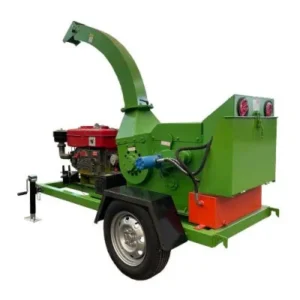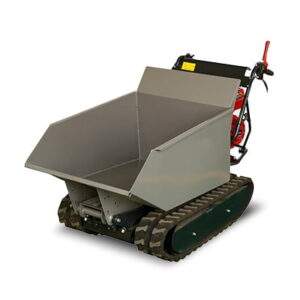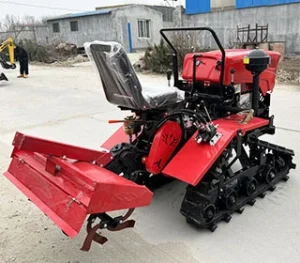How to Choose the Best Cheap Tractor for Your Farm
Welcome to My Blog!
Before we dive into the content, I’d love for you to join me on my social media platforms where I share more insights, engage with the community, and post updates. Here’s how you can connect with me:
Facebook:https://www.facebook.com/profile.php?id=61557298070472
Now, let’s get started on our journey together. I hope you find the content here insightful, engaging, and valuable.
Introduction
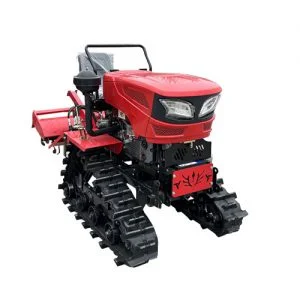
Choosing the right tractor for your farm can significantly impact your productivity and efficiency. For many farmers, the primary concern is balancing cost with performance, which leads them to seek out a cheap tractor that meets their needs without breaking the bank. This guide provides comprehensive advice on selecting the best affordable tractor, covering key considerations, features, and tips to help you make an informed decision.
Understanding the Basics of Cheap Tractors
Before diving into specific models and features, it’s essential to understand what constitutes a cheap tractor and how it fits into your farm’s operations. Cheap tractors are generally defined by their lower price point but can still offer reliable performance and functionality.
Key Characteristics of Cheap Tractors
- Cost-Effectiveness: Typically priced lower than premium models, but still provide good value.
- Basic Features: May lack advanced technology and features found in more expensive models.
- Durability: Designed to handle essential farming tasks with durability suitable for moderate use.
- Simplicity: Often simpler in design, which can reduce maintenance costs and complexities.
Key Considerations When Choosing a Cheap Tractor
Selecting the best cheap tractor involves evaluating various factors to ensure it meets your farm’s needs effectively. Here are the essential considerations:
Determine Your Needs
Assess your farm’s specific requirements to identify what tasks the tractor needs to perform. Consider factors such as:
- Field Size: Larger fields may require more powerful tractors.
- Type of Work: Tasks like plowing, tilling, or hauling may require different features.
- Terrain: Rough or hilly terrain might necessitate a tractor with enhanced stability and traction.
Evaluate Engine Power
The engine power of a tractor, typically measured in horsepower (HP), determines its capability to handle various tasks. For a cheap tractor, finding the right balance between power and cost is crucial.
- Light Duty (20-30 HP): Suitable for small farms and basic tasks.
- Medium Duty (30-50 HP): Ideal for medium-sized farms and a broader range of tasks.
- Heavy Duty (50+ HP): Required for larger farms and more demanding tasks.
Check the Transmission Type
Tractors come with different transmission types that affect performance and ease of use:
- Manual Transmission: Offers control but may require more skill.
- Hydrostatic Transmission: Provides ease of use with smooth, variable speed control.
- Power Shuttle Transmission: Allows for quick direction changes, useful in various farming tasks.
Assess the Build Quality and Durability
Even on a budget, it’s important to choose a tractor with a solid build quality. Look for features such as:
- Robust Frame: Ensures long-term durability.
- Quality Materials: Check for signs of wear and build quality.
- Warranty: Consider tractors with a good warranty for additional peace of mind.
Consider Fuel Efficiency
Fuel efficiency impacts both operating costs and environmental considerations. A more fuel-efficient tractor can save money in the long run, even if the initial cost is slightly higher.
Explore Additional Features
While cheap tractors may lack some advanced features, there are still essential aspects to consider:
- Power Take-Off (PTO) Capability: Useful for operating various attachments.
- Hydraulic System: Essential for operating implements and attachments.
- Comfort Features: Basic amenities such as adjustable seats and ergonomic controls can enhance user experience.
Key Considerations for Cheap Tractor Purchase and Maintenance
| Consideration | Description | Importance |
|---|---|---|
| Dealer Reputation | Research the dealer’s reputation for customer service, reliability, and support. | Ensures quality service and support. |
| Parts Availability | Check the availability of replacement parts for the tractor model you are interested in. | Affects long-term maintenance ease. |
| Service History | For used tractors, review the service history and maintenance records if available. | Provides insight into the tractor’s condition. |
| Training and Manuals | Ensure that user manuals and training materials are provided, especially for new models. | Helps in proper use and maintenance. |
| Attachment Compatibility | Confirm that the tractor can handle and is compatible with the attachments you plan to use. | Ensures versatility and usability. |
| Fuel and Oil Efficiency | Evaluate the tractor’s fuel consumption and oil usage to estimate running costs. | Affects ongoing operational expenses. |
| Resale Value | Consider the potential resale value if you plan to upgrade or change tractors in the future. | Helps in long-term investment planning. |
| Safety Features | Look for essential safety features such as ROPS (Roll Over Protection Structure) and safety warnings. | Ensures operator safety. |
| Warranty Coverage | Review the terms of the warranty for what is covered and the duration. | Provides protection against defects. |
| Environmental Impact | Consider the tractor’s environmental impact, including emissions and fuel efficiency. | Supports sustainable farming practices. |
Tips for Buying a Cheap Tractor
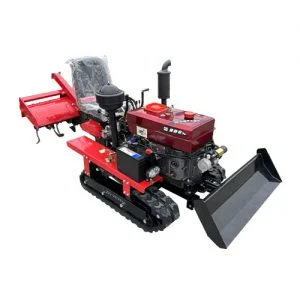
When purchasing a cheap tractor, whether new or used, consider these tips to ensure you get the best value for your money:
Research and Compare
Thoroughly research various models and compare their features, prices, and reviews. Online forums, user reviews, and dealership consultations can provide valuable insights.
Inspect Used Tractors Thoroughly
If buying a used tractor, inspect it carefully for signs of wear, damage, or repairs. Request maintenance records and consider having a professional mechanic evaluate the tractor before purchase.
Negotiate the Price
Don’t hesitate to negotiate the price, especially if buying from a dealer. Many sellers are willing to offer discounts or additional services.
Consider Financing Options
Explore financing options if the upfront cost is a concern. Some dealers offer financing plans that can make purchasing a new or used tractor more manageable.
Evaluate After-Sales Support
Choose a dealer or manufacturer known for good after-sales support. Access to parts, service, and warranty coverage can significantly impact your overall satisfaction with the tractor.
Conclusion
Choosing the best cheap tractor for your farm requires careful consideration of your needs, budget, and the tractor’s features and specifications. By understanding the essential aspects of affordable tractors and comparing different models, you can find a cost-effective solution that enhances your farm’s efficiency and productivity. Whether opting for a new or used tractor, thorough research and informed decision-making will help you invest wisely in your farm’s future.
FAQ
Q:What is the typical price range for a cheap tractor?
A:The price range for a cheap tractor typically varies from $10,000 to $25,000, depending on whether it is new or used, and the specific model and features.
Q:How can I determine the right engine power for my farm?
A:Assess the size of your farm, the type of work required, and the terrain. Generally, 20-30 HP is suitable for small farms, 30-50 HP for medium-sized farms, and 50+ HP for larger or more demanding tasks.
Q:What are the advantages of hydrostatic transmission?
A:Hydrostatic transmission offers ease of use with smooth, variable speed control, making it ideal for tasks that require frequent speed adjustments and direction changes.
Q:Are used tractors a good option for saving money?
A:Used tractors can be a cost-effective option, but it’s important to thoroughly inspect them for wear and tear, and check maintenance records to ensure reliability.
Q:What should I look for in the warranty of a cheap tractor?
A:Look for a warranty that covers major components and offers a reasonable duration. A longer warranty can provide additional peace of mind and protect your investment.

